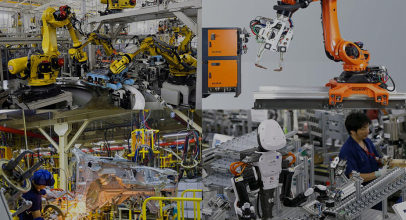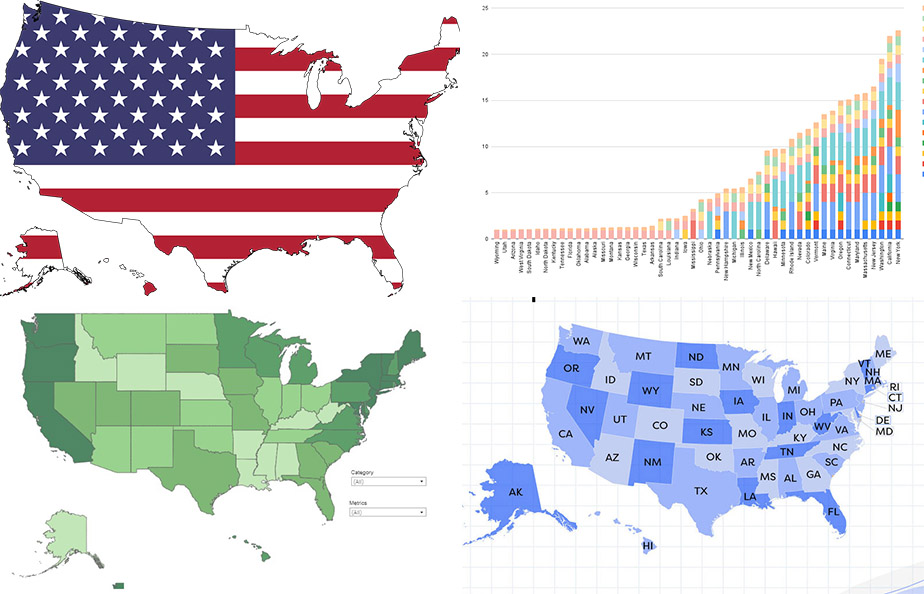
Ensuring a comfortable living environment and lifestyle is impossible without the utilization of energy. The issue of energy acquisition remains one of the most relevant in our time. Alternative energy sources are becoming increasingly popular alongside traditional ones.
Alternative energy is a complex yet promising industry.
Unlike finite reserves of various raw materials, the use of solar, wind, water, and other renewable sources is virtually limitless. Alternative systems do not require fuel procurement and complicated maintenance.
Here are just a few options that can be used in the construction of an energy-efficient home:
Among these options, it is impossible to determine the most economical and advantageous one, as they all prove to be effective depending on the initial conditions.
Solar energy can be harnessed through various solar installations, photovoltaic cells, and different types of collectors.
Versatility: Solar energy is suitable for both heating and electricity supply. Accessibility: It only requires sunlight. Modern systems allow for maximum independence regardless of the season. Environmentally Friendly: The process involves no harmful emissions or other pollutants. Convenience: The entire process is autonomous and noiseless.
The classic system involves the force of the wind moving the wheel, whose energy is then transferred to the rotor of the generator.
Inexhaustibility: In windy regions, it is a priceless and practically endless source of energy. Safety: Wind generators do not pollute the environment. Ease of Operation: Once installed, the equipment poses no problems during usage.
Thermal pumps are in high demand for heating in the construction industry.
Energy Efficiency: Even under unfavorable conditions, the system remains efficient and cost-effective. Savings: Outstanding results can be achieved with minimal expenses. Accessibility: The use of water is one of the most advanced directions in alternative energy, which contributes to the variety and availability of equipment.
Geothermal energy involves harnessing the thermal energy stored within the Earth's depths.
Practicality: Geothermal sources are utilized for heating and electricity supply. Autonomy: The supply is not dependent on the time of year or day. Efficiency: Under favorable conditions, it becomes a virtually inexhaustible and stable source of energy.
The main drawbacks remain consistent across all systems. These include dependency on weather and regional climate conditions, as well as the initial cost of equipment.
A well-informed selection and organization of alternative energy supply are fundamental principles in constructing passive and multi-comfort E-dim homes. The key criteria involve the geographical location, climate conditions, terrain peculiarities, accessibility to specific resources, and the feasibility and cost of equipment installation. Each of the options performs optimally in specific circumstances. Furthermore, the price of equipment operating on alternative sources is determined by its power capacity.
For instance, a heat pump with a 20 kW capacity costs $20,000, while a 4 kW capacity costs $4,000. Consequently, implementing alternative systems in E-dim passive houses is both cost-effective and affordable.
In this manner, it is possible to simultaneously minimize expenses, take care of the environment, and create highly comfortable living conditions for oneself.
State
National
International


